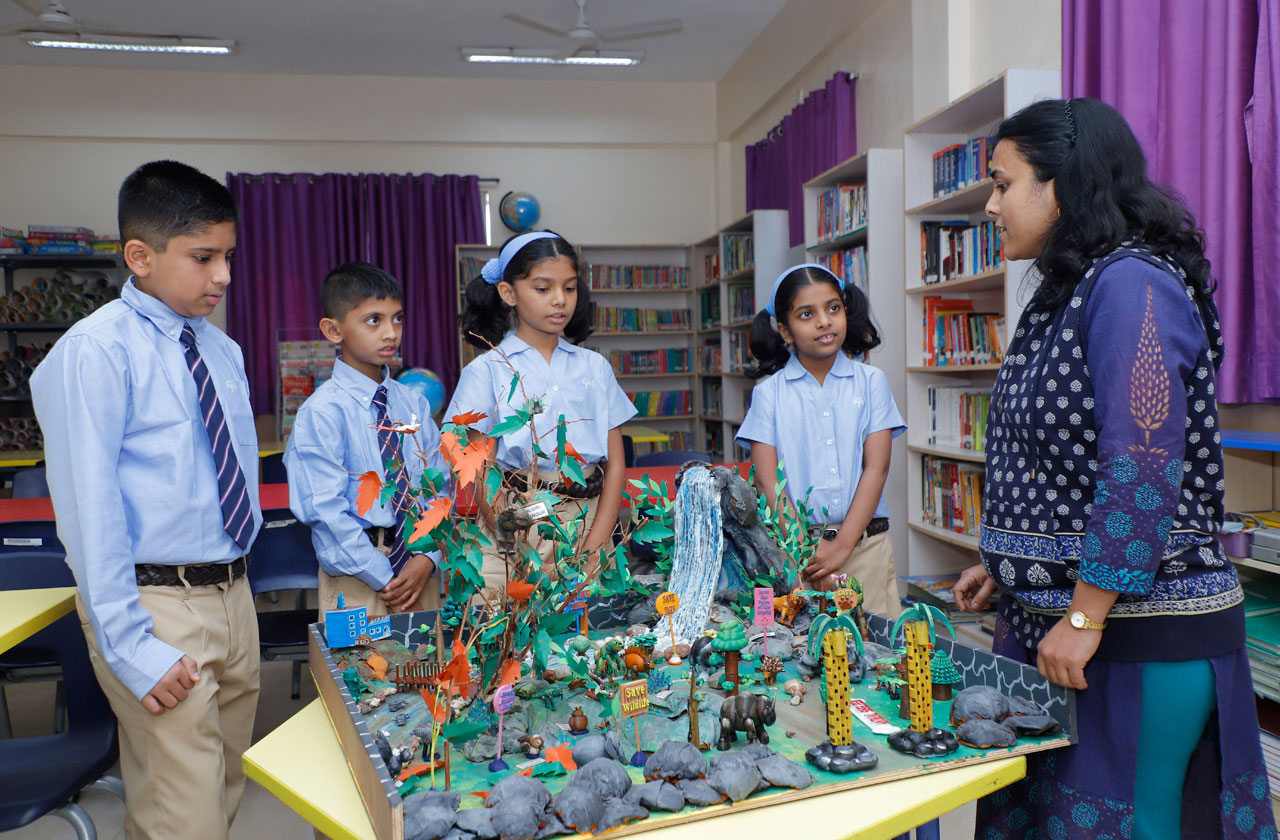What Is the International Baccalaureate Program and How Is It Different from Other Curriculums?
In today's globalized world, parents are increasingly seeking educational programs that provide a holistic and internationally recognized curriculum for their children. One such program that has gained popularity is the International Baccalaureate (IB) program. Let’s explore what the IB program entails, its significance, and how it differs from other curriculums.
The International Baccalaureate, commonly known as the IB, is an internationally recognized educational program that offers a comprehensive and rigorous curriculum for students aged 3 to 19. The IB program is designed to develop inquiring, knowledgeable, and compassionate young individuals who are prepared for success in a rapidly changing world.
Meaning of the International Baccalaureate (IB):
The International Baccalaureate program was founded in 1968 and is headquartered in Geneva, Switzerland. It aims to provide students with a globally oriented education that fosters critical thinking, inquiry-based learning, and intercultural understanding. The IB curriculum is implemented in schools worldwide and is known for its academic rigor, emphasis on holistic development, and commitment to creating responsible global citizens.
The International Baccalaureate Curriculum:
The IB program offers three main educational frameworks: the Primary Years Programme (PYP), the Middle Years Programme (MYP), and the Diploma Programme (DP). Each framework is tailored to specific age groups and focuses on different aspects of education.
Primary Years Programme (PYP): The PYP caters to students aged 3 to 12 and provides a framework that emphasizes the development of essential skills, knowledge, and attitudes. The PYP focuses on a transdisciplinary approach to learning, integrating subject areas and promoting inquiry-based learning.
Middle Years Programme (MYP): The MYP is designed for students aged 11 to 16 and builds upon the foundation laid by the PYP. It offers a broad and balanced curriculum that encourages students to make connections between different subjects and develop a deep understanding of concepts.
Diploma Programme (DP): The DP is the final stage of the IB program and is intended for students aged 16 to 19. It is a rigorous two-year curriculum that prepares students for higher education and beyond. The DP offers a wide range of subject choices, including languages, sciences, humanities, and the arts, and culminates in the completion of the IB Diploma.
How is the IB Different from Other Curriculums?
The IB program stands out from other curriculums due to its unique features and educational philosophy: Holistic Development: The IB program focuses on the development of the whole child, encompassing academic, social, emotional, and physical growth. It emphasizes the importance of well-rounded individuals who are not only academically competent but also compassionate, open-minded, and principled.
Inquiry-Based Learning: The IB program promotes inquiry-based learning, encouraging students to ask questions, investigate, and explore. It aims to develop critical thinking, problem-solving, and research skills, nurturing a lifelong love for learning.
Global Perspective: The IB program fosters an international mindset and intercultural understanding. It encourages students to appreciate different perspectives, languages, and cultures, preparing them to be active global citizens in an interconnected world.
Assessment and Recognition: The IB program employs various assessment methods beyond traditional exams, including coursework, projects, and presentations. It values a holistic assessment of students' knowledge, skills, and understanding. The IB Diploma is widely recognised by universities worldwide and is known for its academic rigour and comprehensive preparation for higher education.
Commitment to Values: The IB program is guided by learner profile attributes, which include being reflective, balanced, principled, and caring. These values are woven into the fabric of the curriculum, fostering the development of responsible individuals who contribute positively to their communities.
The International Baccalaureate (IB) program offers a globally recognised curriculum emphasising holistic development, inquiry-based learning, and intercultural understanding. Through its three educational frameworks, the PYP, MYP, and DP, the IB program prepares students to become well-rounded individuals with the skills, knowledge, and values needed to thrive in a diverse and interconnected world.
Topics

